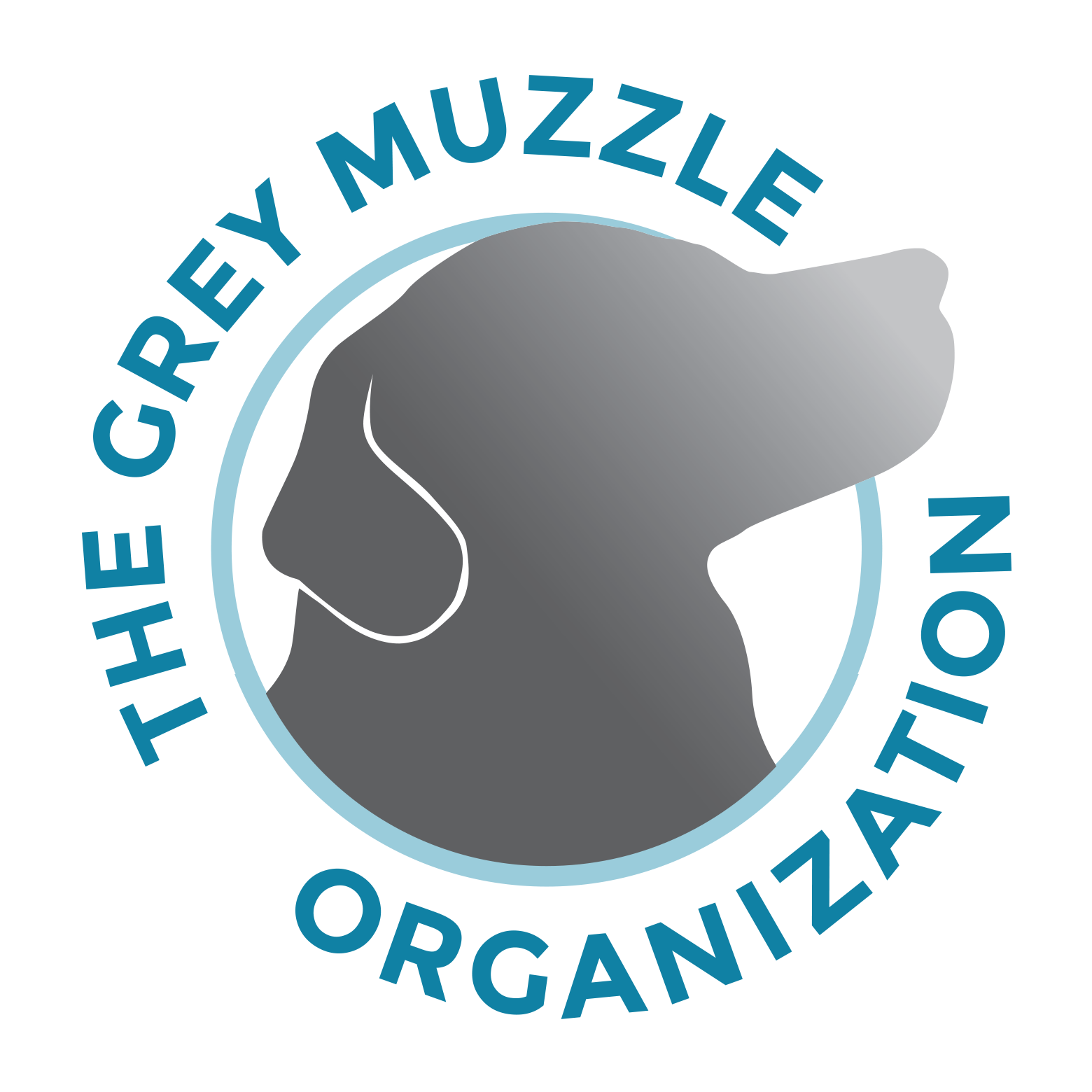Canine Cognitive Dysfunction in Dogs Part 2
In part two of this blog series, we’ll provide a follow up to the overview of Canine Cognitive Dysfunction (CCD), including prognosis, treatment and management of and management tips. For more information on symptoms and diagnosis, read Part 1 of our CCD blog series. This information was provided by Lap of Love Veterinary Hospice as part of their educational pet disease series and has been republished with permission.
As a reminder, Canine Cognitive Dysfunction (CCD) is a medical condition that is characterized by the changes associated with the aging process of the brain that result in a decline of canine mental faculties associated with spatial orientation (where the dog is in space), facial recognition, memory, and learned behavior.
Prognosis
The prognosis for CCD depends on each individual patient’s response to trial with multiple treatment options. Those that respond favorably may have a delayed progression, though these positive effects may be temporary. Prognosis is poor for dogs that do not respond to any therapies. Progressive disease will eventually lead to a static lifestyle regardless of treatment for the pet as the symptoms escalate in severity while quality of life declines.
While not a painful disease, many pets display significant stress and/or anxiety and owners often feel as though their pet is no longer mentally present. A personalized treatment plan with multiple therapeutic trials is important to manage CCD. Talk to your veterinarian regarding the best treatment protocol for your pet.
Treatment and Management
CCD is not a curable disease, however several medical, supplemental and management options have shown effectiveness for some pets. An oral medication called deprenyl (Anipryl) increases brain concentrations of dopamine which for some dogs, within 2-3 weeks, will cause a marked improvement in overall behavior. Several available diets formulated for aging pets that contain high levels of antioxidants and omega fatty acids support brain health.
Environmental enrichment can help all dogs and cats significantly. Stimulation of the pet’s senses such as touch, smell, and taste, has been documented as one of the most successful therapies to improve quality of life while also lessening the severity of the symptoms. Natural calming products that come in multiple forms such as pheromone collars (Feliway, DAPP), Thunder Shirts, liquid supplements (Composure) and daily oral tablets (Adaptil) may provide some benefit for pets, especially when used in combination. Treating concurrent diseases such as arthritis helps to decrease stress and pain, which often exacerbate the deterioration of brain function.
Management Tips
Consider providing
- Easily accessible food and water
- Ramps/stairs to common areas
- Access to safe, quiet areas away from other animals
- Gates to block stairs and prevent falls
- Warm, soft sleeping areas
- Modified surfaces to increase traction
- Low-stress, creative stimulation
- Short playdates with other calm dogs
- Prescription senior diets
- Natural calming products
- Potty pads or diapers if needed
Try to
- Be consistent with medications
- Track appetite, weight, urination, defecation, energy level, etc.
- Use hand signals rather than verbal commands as your pet’s hearing fails
- Limit stressors (kids, noise etc.)
- Stimulate taste and smell senses with healthy treats
- Groom your pet to stimulate touch
- Keep furniture arrangement stable
- Have a strict walking/eating schedule
- Keep up with preventative care
- Keep closets or other storage spaces closed off to prevent the pet from getting cornered or lost in the home
Before your dog’s condition becomes unmanageable, it is important to begin palliative care discussions with your family and veterinarian.



